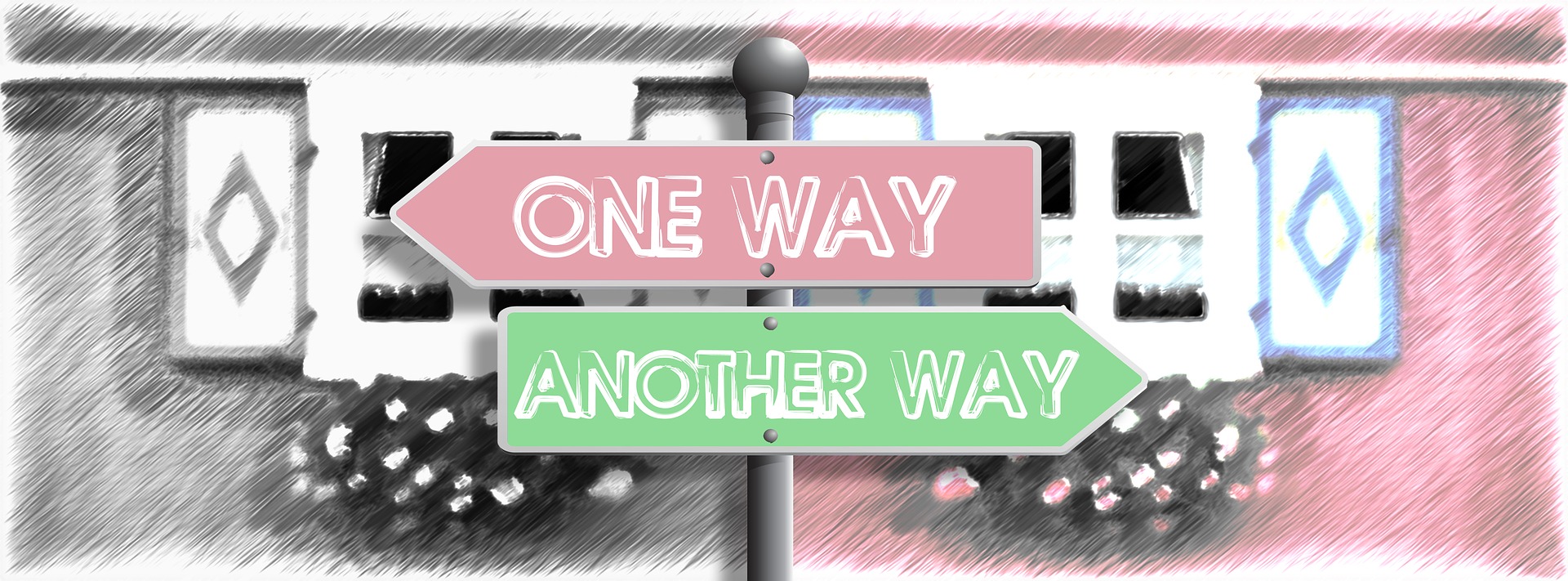It’s been a little over 24 hours since I got the email.
I’d spent the previous day in Mountain View, wrapping a 3-day marathon work session. We’d ended the day with drinks, excitedly discussing our plans for the future with our VP. I flew back that night and got in late, settling in for a fitful night of sleep (I blame my dogs, who were excited to have me home).
I woke up later than usual to the sound of my 3-year-old quietly playing in the living room. I guess she forgot I was home, giving me a few extra minutes of peace before I had to get ready. I checked my personal email, something I rarely do in the morning. There was an email from Google. “Notice Regarding Your Employment”.
Oh.
I’d been in tech long enough to know what that meant. The first line confirmed my suspicions: “We have some difficult news to share. We are reducing our workforce and are very sorry to tell you….” I didn’t need to read the rest.
I looked up from my phone at my husband, who, noticing I hadn’t gotten out of bed yet, had gone to start getting my daughter ready.
“I got laid off,” I said quietly.
“What?”
He hadn’t heard me.
“I got laid off.”
A little louder this time.
“What??”
He heard me that time. The words just didn’t stick.
It’s not that we hadn’t considered layoffs. We’d both been through a few tours in the game industry. Seen it firsthand. When we lived in LA we didn’t bother getting a bed frame; we figured we’d only be there for a few years at most before we got let go. (We ended up sleeping on that mattress on the ground for 5 years before we finally caved and bought the cheapest frame we could find.)
It’s not even that I hadn’t considered getting laid off specifically from Google. News outlets had been rumoring about layoffs at Google for months. I talked to my friends about whether our team would be dissolved if these layoffs came. Our team fit the profile, a newish innovation team fighting to prove our value. Future facing work never seems important to companies when the belts start to tighten.
But knowing something might happen and living it are two different things. How could this happen? Hadn’t they told me I was doing good work? Hadn’t they said I had a future there?
I want to say that I handled the news with grace, got out of bed, and went on with my day. But I didn’t. Instead I cried. Hard. For about three hours straight. Eventually I got ahold of myself. My (now former) manager called to comfort me. I cried a lot more.
After a few hours of this, I managed to stop crying long enough to reflect. Why was this so hard? I hadn’t been at Google that long. Unlike some of my peers who had been there for most of their adult life, my identity wasn’t wrapped up in Google. The severance email made it clear we didn’t need to panic about money or healthcare, at least not yet. And I’d just been assured this wasn’t performance related, so it didn’t feel (totally) personal.
So why was it that every time a former colleague reached out to express their condolences, it felt like a knife in my heart?
Each time someone reached out from Google, it was a small reminder of the relationship I wouldn’t get to have. The plans I wouldn’t get to see through. The career I wouldn’t get to develop.
In the tree of my future, the branch I had imagined at Google was gone. Hacked off with a hatchet. No time to prepare or make plans. Just there one minute at gone the next.
My sister, in all her older-sibling wisdom, would later compare my situation to what happened during Covid. We all had our futures robbed from us, then. Everything we had imagined for what life would look like in 2020 and beyond, drastically changed in an instant. Gone without a trace.
It perfectly encapsulated what I was feeling, why I couldn’t stop crying. I was grieving a future that would never come to be.
Just like when Covid hit, it meant I had to reconsider all my assumptions about what I wanted my future to look like. It meant reevaluating my priorities. And that meant opening myself up to an entirely new set of possibilities that I hadn’t really considered before.
If you know me, you know I’m always thinking about different possible futures. It’s quite literally my job (or at least was). But until this week, a lot of those alternatives seemed impractical. I was on a pretty well-defined path in tech, a comfortable route that was easy to follow and felt risky to leave.
Oddly enough, just the night before, we’d all been talking about what we’d be doing if we didn’t work at Google. What if we didn’t work in tech? I was still thinking about this in my Uber ride back to the airport. My driver shared with me his life plan to sell everything he had and move to Thailand to start a new chapter in his life. He told me how scared he’d been to give up his stable lifestyle to pursue this dream. I asked him how he’d done it. He put it to me like this:
“As soon as you go out of well worn roads you’re on your own. You only have yourself to ask, ‘Where am I going? How do I know I’m on the right path?’ You have to try things and fail and learn and try again. You have to learn self trust.”
I told him I’d have to think about that. That I’d considered charting a new path but didn’t have the self trust yet. Maybe, I mused, I just needed a push.
Funny how the universe works some times.
I’m not saying that I won’t cry more over the next few weeks. That I’m fully healed and ready to look at the optimistic side of things. That I won’t choose a similar path at another tech company. Or even that I’m glad this happened. (For the record, I’m not. I’d really like to have my old job back).
But I’m also glad that I’ve been through something like this before. That even though I’ve lost the future I assumed would always be there, this time I know how to find a new one. And it might even be better than than any I could have imagined.
Genevieve Conley Gambill is an insights and strategy leader who specializes in developing teams from the ground up, spotting organization blindspots, and using strategic foresight to “see around corners”. You can find her online on Twitter (@tiny_data_tech) or on LinkedIn.
Photo by Marylou Fortier on Unsplash



